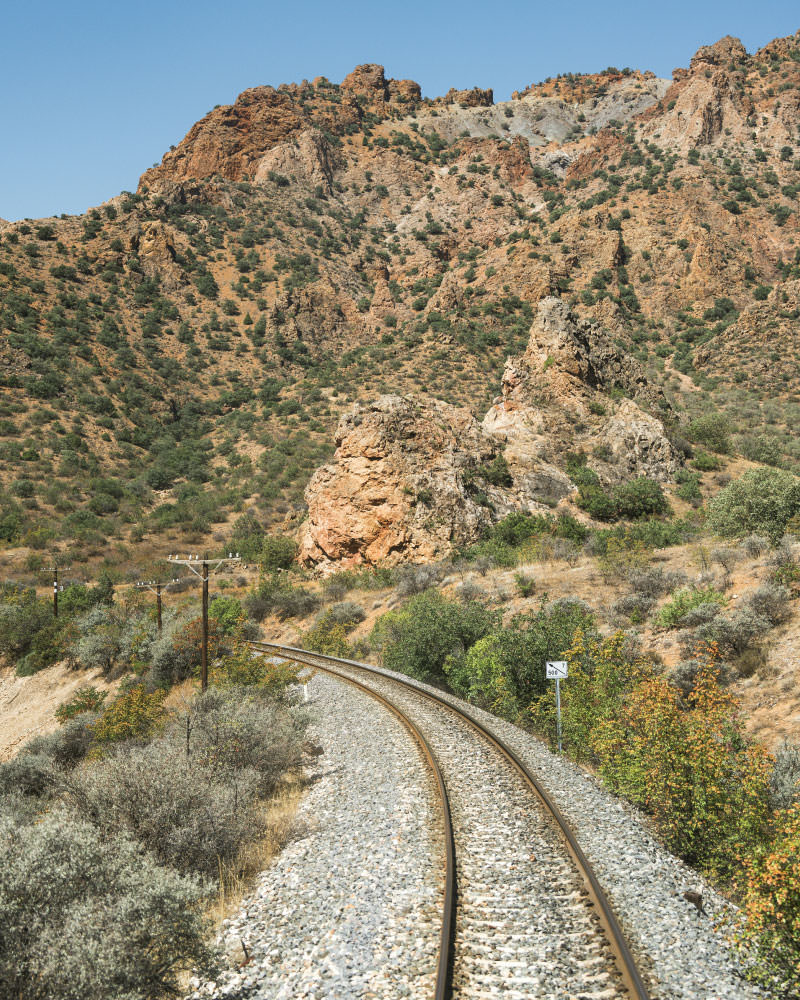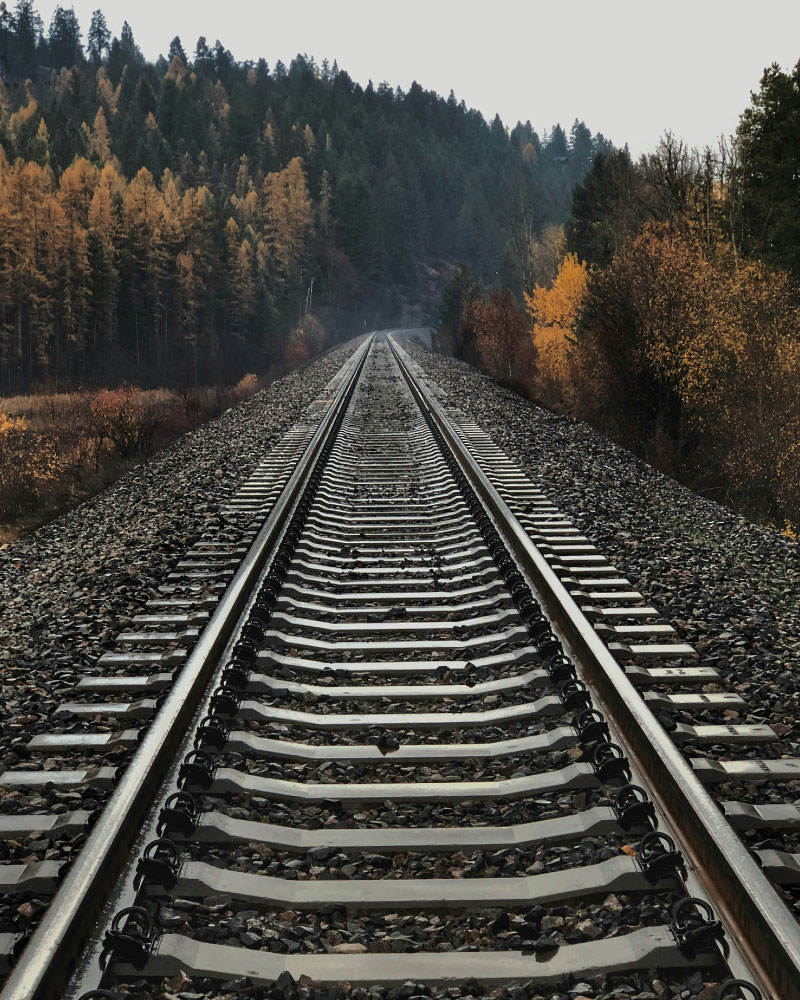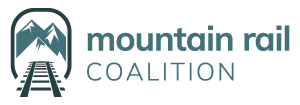Issues
Connectivity

The creation of mountain rail for passengers will enhance connectivity among communities and between important population centers. Mountain rail offers improved access to authentic cultural experiences, necessary health care services, and educational and recreational opportunities. It brings people closer to more employment and affordable housing options. It integrates into current transportation options and increases affordable mobility choices.
Economy & Affordability

Tourism is a critical industry in many mountain towns. Mountain rail can facilitate economic growth in Northwest Colorado by providing safe, reliable, accessible, and affordable transportation. Sustained business vitality in mountain communities directly impacts variables, such as wages and job creation, that play into cost of living.
Mountain towns are known for their high cost of living and shortage of affordable living options. Passenger rail can address both issues simultaneously by bringing tourists to the mountains more safely and reliably and improving transportation between home and work.
Environment

Innovative transportation solutions for climate action and sustainability focus on emissions reduction. Mountain rail will reduce the number of vehicle miles traveled as well as the number of vehicles on the road. Reduced traffic diminishes congestion and improves air quality.
Safety

Driving to and from Colorado’s mountain towns comes with inherent dangers, and rail can help mitigate these associated risks. By reducing the number of vehicles on the roads, passenger rail will alleviate traffic congestion and improve roadway safety for drivers, pedestrians, cyclists, and wildlife. Passenger rail provides weather-resistant, reliable, and safe service during the late fall, winter, and early spring months when weather can change rapidly. Rail also removes potential hazards such as driver fatigue and mechanical issues brought on by the strain of rugged terrain and winding, steep mountain roads.
Investment Scenarios

Mountain Rail would be funded through a variety of existing sources, including the Congestion Impact Fee on rental cars enacted through SB24-184. This fee represents a new stream of money approved in the 2024 legislative session that can only be used for rail projects. No funding from road projects will be diverted to this project. The state may also seek federal grants to pay for Mountain Rail. Finally, fares would also help pay for the cost of running the train service. Local and regional contributions can support more extensive additions more quickly.

